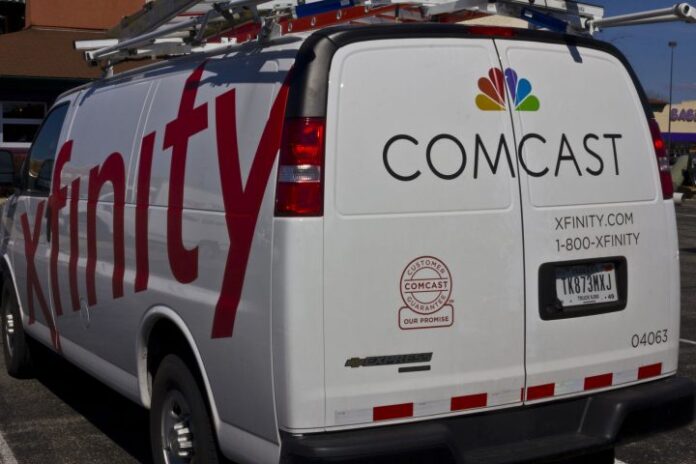DOCSIS 3.1 expanding over extensive Comcast copper network
With the buzz around fiber-to-the-home provided by the likes of Google Fiber, Verizon FiOS and AT&T GigaPower, there’s a clear trend toward increasing home Internet speeds. But fiber networks are expensive to build, and, at least in the case of Google Fiber, city-by-city deployments take several years.
So with clear consumer demand balanced with capital expenditures, how can Comcast get a leg up in the competitive space? DOCSIS 3.1, the latest version of the data over cable service interface specification, looks to be the answer.
This year Comcast plans to expand its DOCSIS 3.1-based service in Philadelphia, Atlanta, Nashville, Chicago, Detroit and Miami. It’s a tremendous capex boon, particularly for service providers that have extensive copper assets as it allows copper to achieve throughput generally associated with much more expensive fiber optic cable deployments.
“We’re constantly working to ensure that our customers get the fastest speeds available and that they get them first,” explained Bill Connors, president of Comcast’s Central Division. “DOCSIS 3.1 represents a tremendous step forward in our commitment to keeping customers at the technology forefront. Combined with all the upgrades we have already put into our advanced fiber optic-coax network, this technology will not only provide more gigabit speed choices for customers, it will also eventually make these ultra-fast speeds available to the most homes in our service areas.”
Comcast has also eased a 300 gigabyte monthly data cap to now allow for 1 terabyte each month in trial markets.
“A terabyte is an enormous amount of data. It’s far more than most of our customers will ever use in a month,” noted Marcien Jenckes, EVP of consumer services for Comcast, in a blog post. “Today, more than 99% of our customers do not come close to using a terabyte. Our typical customer uses only about 60 gigabytes of data in a month – that’s far less than a terabyte (in fact, 940 gigabytes less), or less than 6% of a terabyte. … We’re currently evaluating our plans to roll this out in other markets, we’ll keep listening – and we’ll be open to making further changes in the future to deliver the best high-speed data service to our customers.”
Comcast also has a fiber-based play called Gigabit Pro. Check out this article for more information on DOCSIS 3.1.

